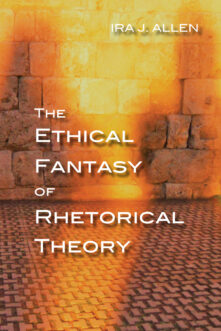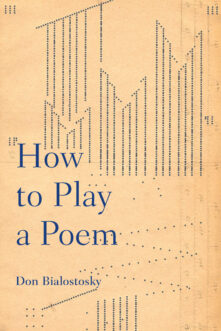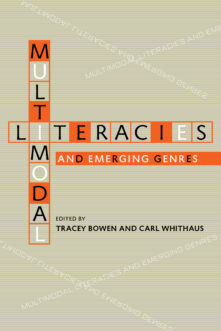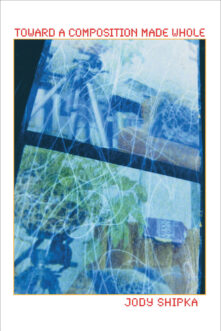Language Arts & Disciplines / Composition & Creative Writing
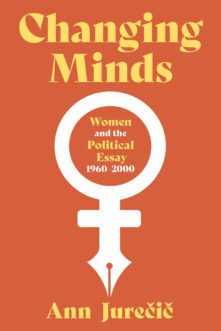

Changing Minds
Women and the Political Essay, 1960-2000
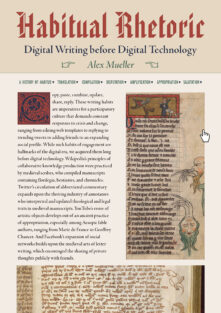

Habitual Rhetoric
Digital Writing before Digital Technology
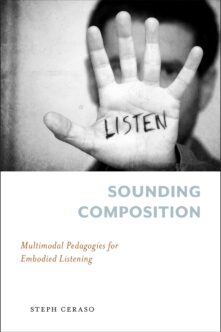

Sounding Composition
Multimodal Pedagogies for Embodied Listening
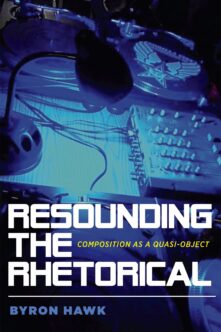

Resounding the Rhetorical
Composition as a Quasi-Object
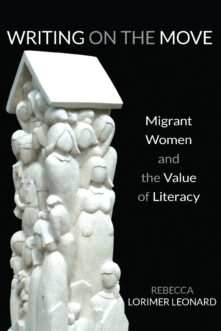

Writing on the Move
Migrant Women and the Value of Literacy
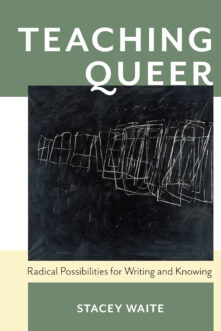

Teaching Queer
Radical Possibilities for Writing and Knowing
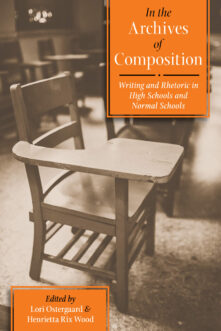

In the Archives of Composition
Writing and Rhetoric in High Schools and Normal Schools
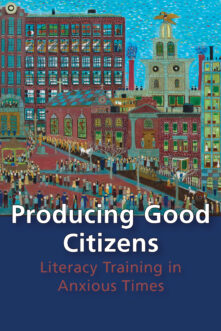

Producing Good Citizens
Literacy Training in Anxious Times
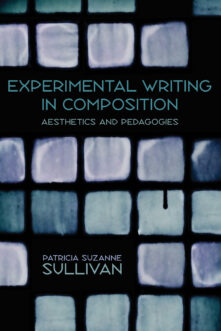

Experimental Writing in Composition
Aesthetics and Pedagogies
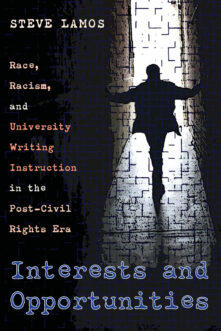

Interests and Opportunities
Race, Racism, and University Writing Instruction in the Post–Civil Rights Era
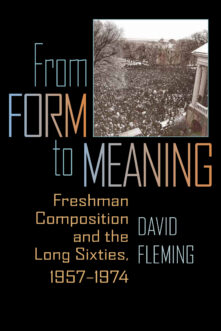

From Form to Meaning
Freshman Composition and the Long Sixties, 1957–1974
Total 28 results found.


